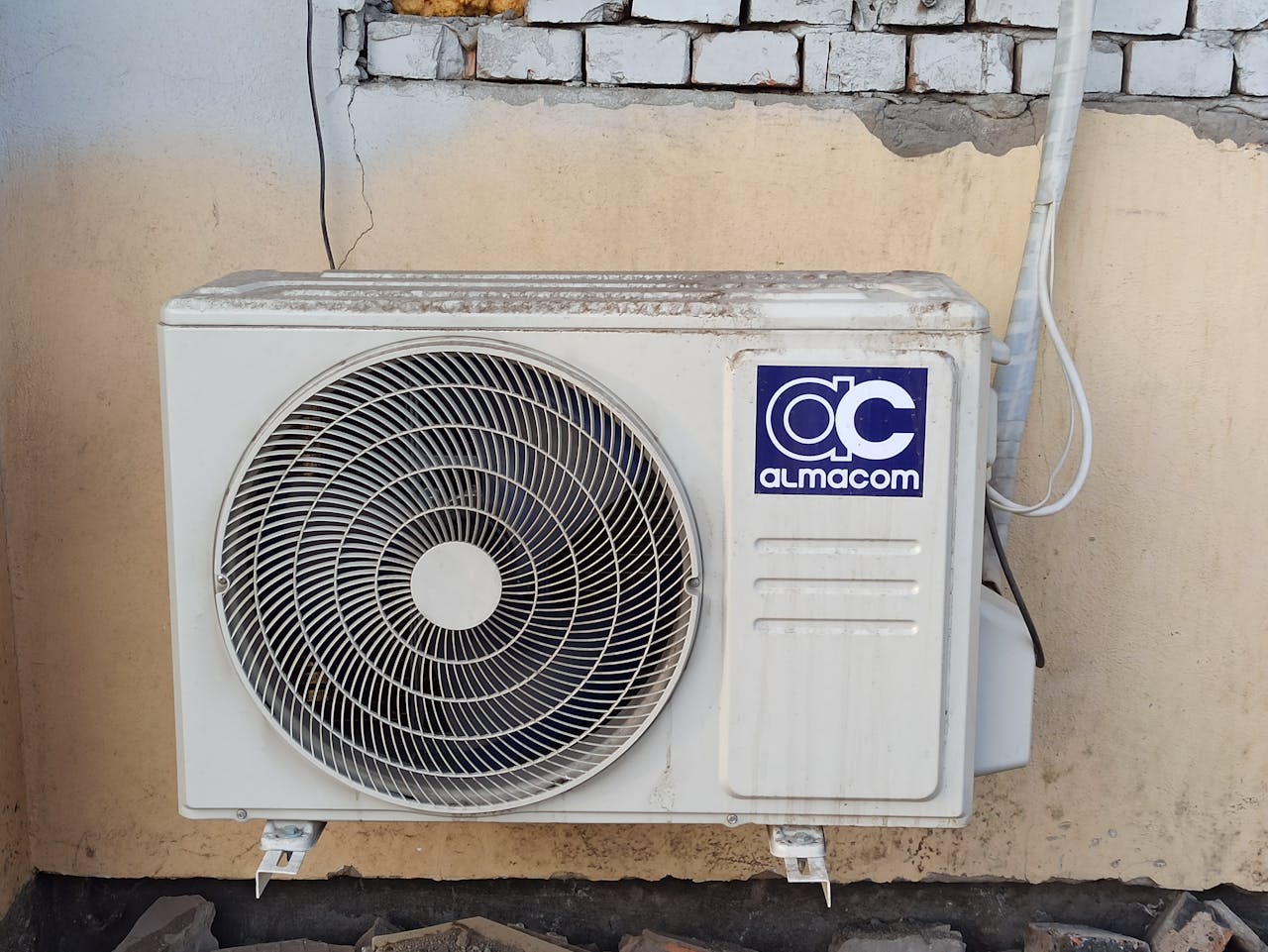Fall’s arrival doesn’t necessarily signal cold weather’s return. Sure, the air turns crisp and you may see frost occasionally, but fall probably makes you think of warmth. You have the opportunity to spend several holidays with family and friends, and you’ll get to wear scarves, jackets, and other fun accessories.
However, even though the weather seems mild now, it won’t stay that way for long. Rocky Mountain winters rarely prove predictable, and they come earlier some years than they do in others. And if you haven’t prepared your furnace or boiler, this crucial appliance could fail during the first snowstorm.
So before the temperatures dip below freezing or the first snowflake falls, take the steps below. You’ll keep your family warm and secure inside your home long after autumn’s cheeriness fades away.
Schedule a Professional Inspection
If you have experience with furnaces or boilers, you can perform this inspection yourself. However, the average person doesn’t know enough about heaters to spot problems, so you should hire a professional to inspect the appliance for you. Your HVAC expert will do the following to ensure your heater stays operational all winter long:
- Clean the furnace’s or boiler’s interior and exterior to ensure debris doesn’t interfere with operation.
- Change the filter. A clogged or broken filter can’t keep allergens and toxins out of the air as well as a new one can. You’ll need a new one so your home’s air quality stays manageable until spring.
- Assess and fix any leaks. Some furnaces and boilers can leak natural gas, depending on their fuel source.
If at all possible, you should have your HVAC expert clean your entire ventilation system. Even if he or she cleans the appliance and replaces the filter, your heater will fill with debris again. You’ll have fresher air with a full maintenance call.
Stock Filters So You Can Change Them Later
During the summer, you can keep your windows open and flush dirty or stale air out with the wind. But during the winter, you won’t want to have your windows open. And when you open the door, you’ll likely move through it as quickly as possible to escape the cold. As a result, more allergens and toxins will stay inside with your air.
However, if you switch your filter on a monthly or bimonthly basis, you’ll keep up with the contaminants in your home’s oxygen supply. You should at least check your filter once a month. Replace it when it looks full or dirty.
Additionally, if the above task goes beyond your HVAC prowess, feel free to call a professional to do it for you. And remember that you shouldn’t just buy the cheap flat filters. They can help you improve your home’s air quality, but pleated HEPA filters accomplish that task much better. These special filters also improve your heater’s energy efficiency.
Clear the Area Around Your Heater
Your furnace or boiler needs room to breathe. You also have to make sure that nothing could fall into your heater or catch fire close to it. Before you turn up the thermostat for the first time this fall, go into the room or closet that houses your heater and clear the space immediately around the appliance. Nothing, especially flammable materials, should sit within a yard of your heater.
Additionally, should your heater require maintenance or repairs, you won’t have to move boxes to have a workspace. Your HVAC technician will already have plenty of room to work.
Replace Old Appliances If Necessary
Even if you schedule an inspection and cleaning, and even if you switch filters regularly, your heater might not operate as reliably as you’d like. If it needs repairs more than once every winter, consider replacing it with a more efficient and dependable model.
New furnaces and boilers waste less energy, so you won’t need to use as much power or fuel to heat your home. As a result, you get to watch your energy bills decrease.
Additionally, manufacturers make new heaters with stronger and more durable materials, so you won’t have to worry about your new appliance breaking for a long time. You’ll save more money because you won’t have to worry about repairs.
Reprogram Your Thermostat
Right now, your thermostat probably doesn’t have a program. You might not need it thanks to fall’s moderate temperatures. But you will need a program once winter arrives. Set your thermostat to lower your home’s temperature while you sleep or go to work. It should drop to about 68 degrees Fahrenheit. If you set it any colder, your pipes could freeze.
Meanwhile, during your waking hours at home, your thermostat can make your home much warmer and keep you toasty and comfortable. You’ll feel as warm as you need to without wasting unnecessary energy during the day.
Winter can feel just as comfortable as the other seasons as long as you prepare your heater first. Fortify your home against the next Denver winter by taking the steps above. Then, your boiler or furnace will weather anything Mother Nature throws at it.
















